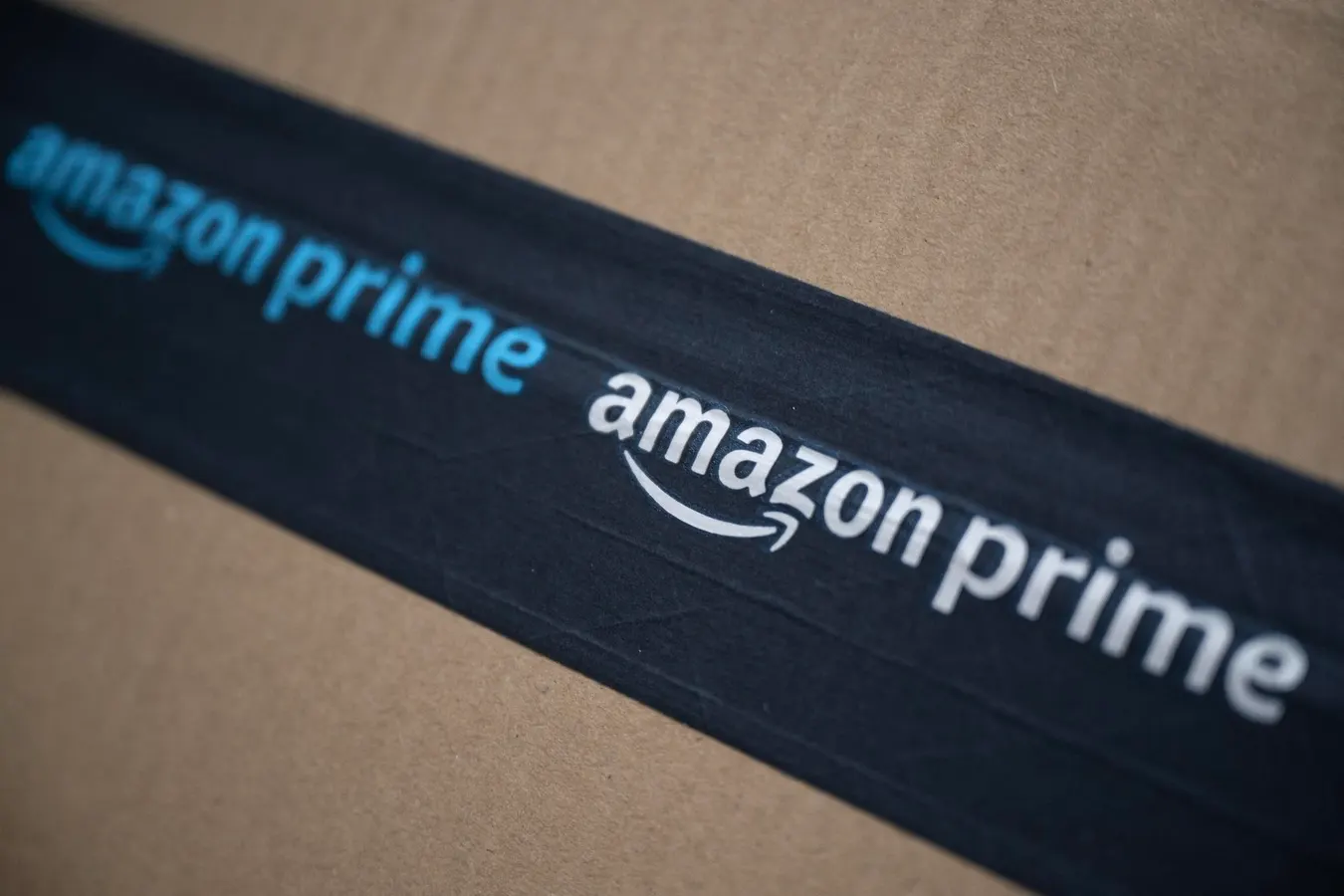By Davey Winder Senior Contributor
Amazon warns of Prime account attacks.
AFP via Getty Images
There have been numerous security warnings circulating as we approach Amazon Prime Day, which this year falls on July 8 and ends on July 11. Most recently, I reported how some 120,000 fake Amazon websites had been discovered in just the last two months, with 92,000 confirmed as being observed using the Amazon name. Now Amazon itself has confirmed “an increase in customers reporting fake emails about Amazon Prime membership subscriptions,” in a warning that dropped in my inbox this morning. Here’s what you need to know, and what you need to do to protect yourself from brand-impersonating Prime Day scammers and hackers.
ForbesFBI 2FA Bypass Warning Issued — The Attacks Have StartedBy Davey Winder
The Amazon Prime Membership Scam Email Warning
The July 4 email from Amazon dropped in my inbox this morning and kicked off with a very precise and concerning warning to all Amazon Prime members, of which I am one, hence the email: “We’ve recently noticed an increase in customers reporting fake emails about Amazon Prime membership subscriptions.”
You couldn’t get much clearer than that. This comes as absolutely no surprise to me, considering that I recently reported how Amazon itself had confirmed that there had been an 80% increase in U.S. customers reporting impersonation scams claiming there was an issue with their Amazon membership account around Prime Day in 2024.
I recently experienced just such an impersonation scam in action myself, when someone claiming to be from Amazon customer support called me and suggested there was a problem with a purchase I had made. As you might imagine, I spotted the scam immediately and hung up, after a few unpleasantries were exchanged. The impersonation scams that Amazon is warning about in this new email, however, concern Prime membership subscriptions specifically.
MORE FOR YOU
That Amazon warning email said that the online retail giant wanted to help me “stay protected by sharing important information about these scams.” The three-point bullet list of things that are happening, as included in the email, is as follows:
Scammers are sending fake emails claiming your Amazon Prime subscription will automatically renew at an unexpected price.
The scammers might include personal information in the emails, obtained from other sources, in an attempt to appear legitimate.
These emails may also include a “cancel subscription” button leading to a fake Amazon login page.
Amazon also sagely warned me not to click on any links in these messages as “scammers use fake websites to steal your Amazon login credentials and banking information.”
ForbesFake Amazon Websites Surge As Prime Day Sales 5 Days AwayBy Davey Winder
Amazon Best Practice Advice To Mitigate Prime Scams
Although most scams can simply be ignored, and no harm will come to you, your device or your account if you do, Amazon advised that you might want to take the following actions anyway if you are at all concerned by what you have read;
Verify your Prime membership by using the mobile App or website and selecting Prime from the menu. From here, you can see your membership status and renewal dates, which will be 100% genuine, so don’t be fooled by an email or phone call telling you otherwise.
If you have clicked on any links in an email or text, you may want to “monitor your credit/debit card statements for unfamiliar charges ,” Amazon said, “and contact your bank immediately about any unauthorized transactions.”
You can also, of course, report any suspicious emails, texts or phone calls to amazon.co.uk/reportascam.
To further protect against these brand impersonation scammers, you should only access Amazon through the official smartphone app or after typing “amazon.co.uk” in your browser. You can determine if any message is really from Amazon by heading to your account and looking in the Message Center. “Legitimate messages from Amazon will appear there,” Amazon said. And finally, make sure you have enabled two-factor authentication for your Amazon Prime account.
ForbesSecure Your Gmail Now As Google Warns Of Password AttacksBy Davey Winder
Editorial StandardsReprints & Permissions
